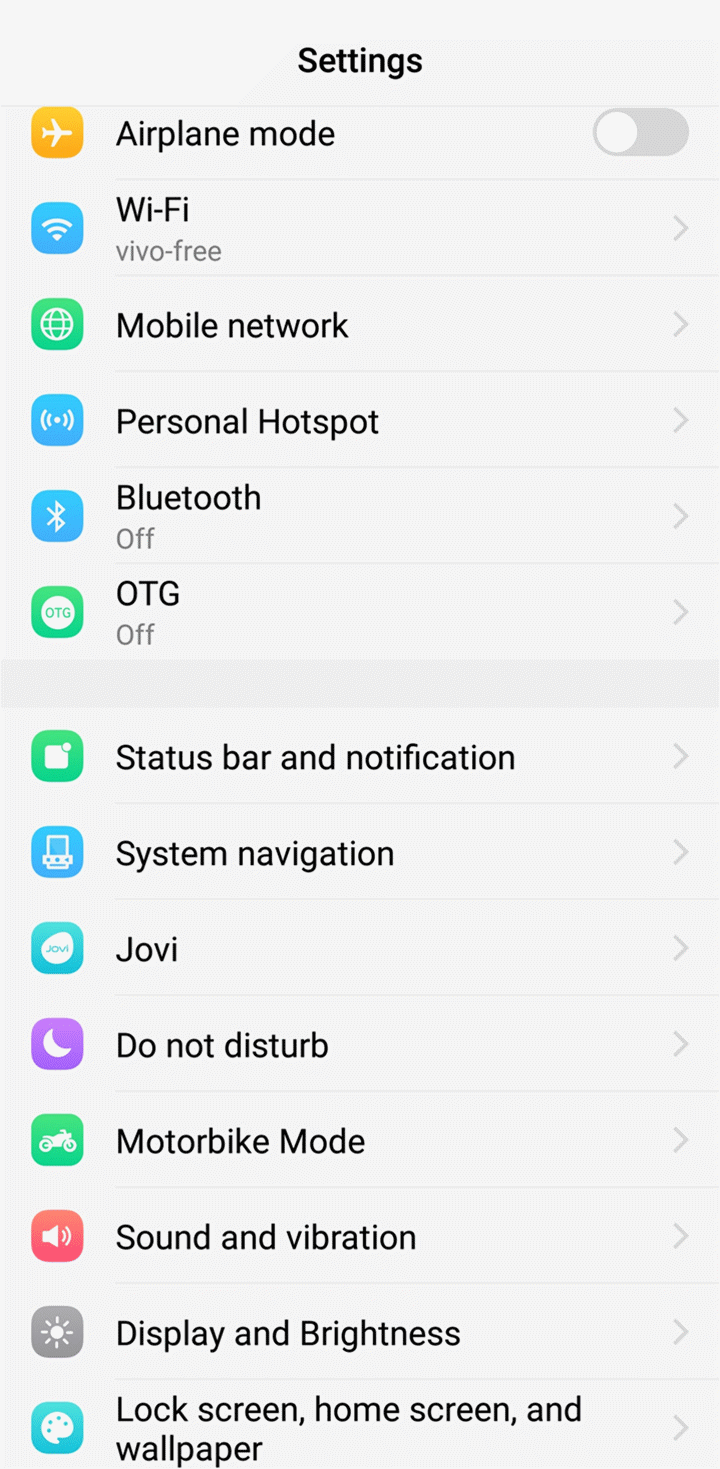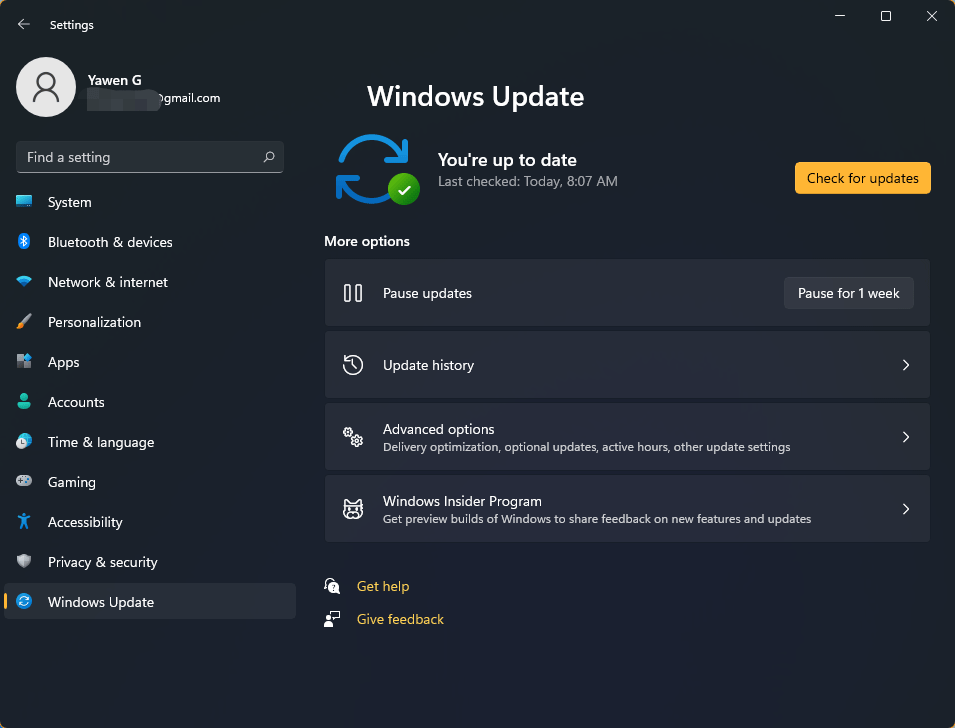

- Open manage apps in settings how to#
- Open manage apps in settings install#
- Open manage apps in settings full#
- Open manage apps in settings android#
Malware, if given this permission, could spy on your phone usage behavior and even make calls without your approval. Phone - This set of permissions let an app access your phone number, your cell network info, call status, voicemail, VoIP, read and edit calling logs, and even redirect calls to another number.If bad actors get in, they’d be able to turn on the microphone even when you’re not using it, record audio, and send it to their creators. Microphone - These permissions let an app use the device’s microphone to record audio.If misused, they can tell a cybercriminal where you are and track your motion. Location - These permissions manage a phone’s GPS and Wi-Fi hotspots.Malicious apps may try to collect phone numbers and emails from your contacts, which could then be used as targets for phishing scams or other attacks. Contacts - This permission set gives apps the power to create, edit, store, and delete contacts in your phone.The very thought that a malicious app may be sending the device’s photos to a cybercriminal should send a chill down anyone’s spine. Camera - These permissions allow apps to take pictures and record audio and video.But they open the door to a whole lot of very personal information you may not want falling into the wrong hands. Calendar permissions are used by social networking apps, and they are very useful for managing appointments. Calendar - These allow apps to read, edit, create, and delete calendar events.While they enable fitness devices to track your health, a malicious app could record the same information from your device and send it to its C&C. Body Sensors - These permissions relate to heart rate monitors, fitness trackers, etc.When you grant or deny a group permission, your action encompasses all permissions within that group. Dangerous permissions are categorized into nine groups.
Open manage apps in settings android#
Part 3: Why is my Android phone heating up?īecause you grant permissions to an app before installation, it’s best to know how permissions affect your privacy.

Open manage apps in settings how to#
Part 2: How to detect and remove a virus from your Android phone
Open manage apps in settings install#
Part 1: How to tell if an Android App is safe to install App updates are required to do the same as of November 1, 2018. That loophole has since been closed, and Google now requires apps to comply with Android 8.0 or later as of August 1, 2018. Cybercriminals used to be able to get around permissions by creating apps that require these older API (application programming interface) levels to download. In other words, they have to agree to allow an app access to all permissions it requests, or they can not install it. While users of Android 6.0 and onwards can decide what permissions to give an app after it has been installed, those on operating systems prior to that have to use an all-or-nothing approach.
Open manage apps in settings full#
Check out the full list of Android permissions. Others, such as accessing the calendar or contacts, recording audio, using body sensors, and reading external storage are considered “dangerous” permissions. Certain permissions - like accessing the internet, killing background processes, and reordering tasks - are classified as “normal” because they do not pose a threat to the user. Some permissions carry more weight than others. While it is extremely important that you take the time to know whether or not an app is safe to install, understanding how app permissions work can also help you circumvent many threats out there. After all, who hasn't felt that pang of impatience when shown one yes-or-no option after another, when all we want is to start using that cool new app? Indeed, many of us skip right over reading the permissions page when installing an app, but doing so, as we shall see, can be a (very) costly mistake. In the grand scheme of all things security, app permissions are generally treated as the least important. The Avast Guide to Android Apps Part 4 explains what you need to know about permissions.


 0 kommentar(er)
0 kommentar(er)
